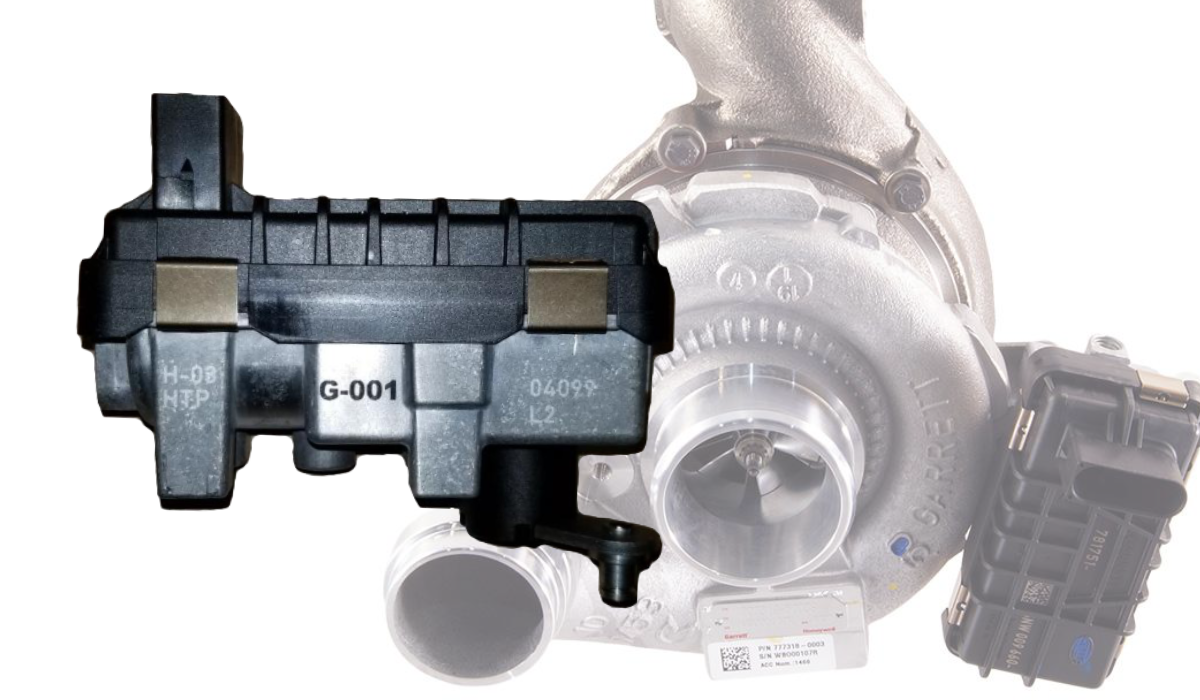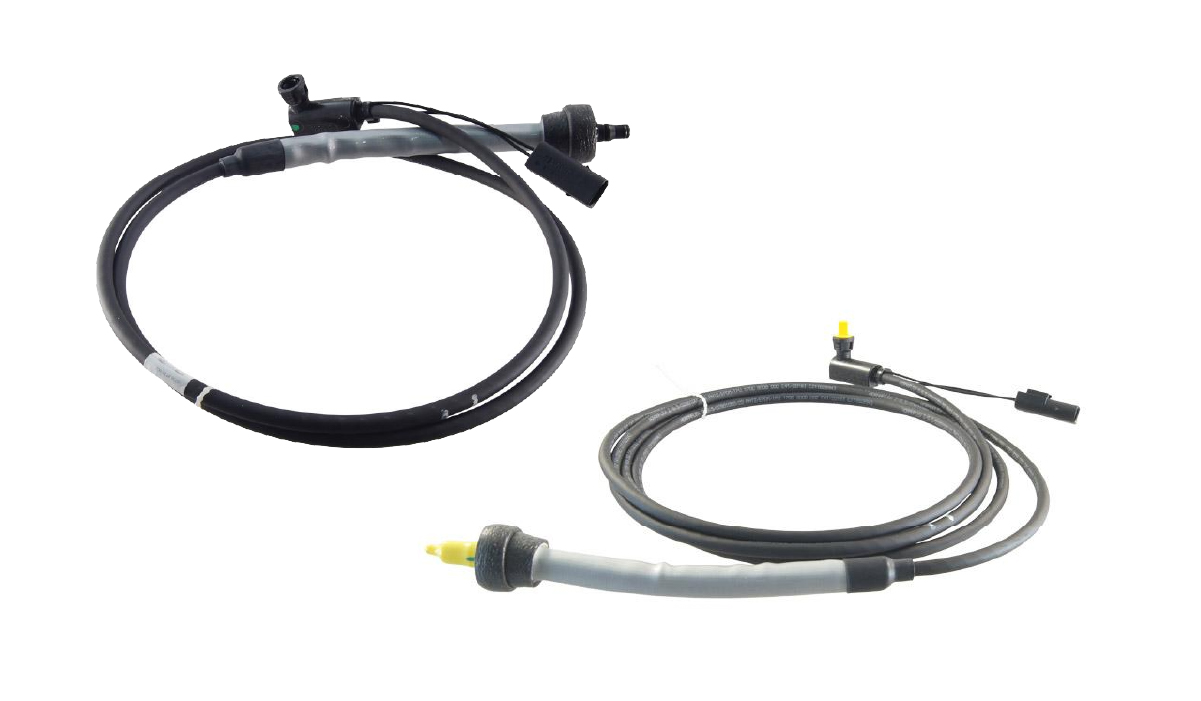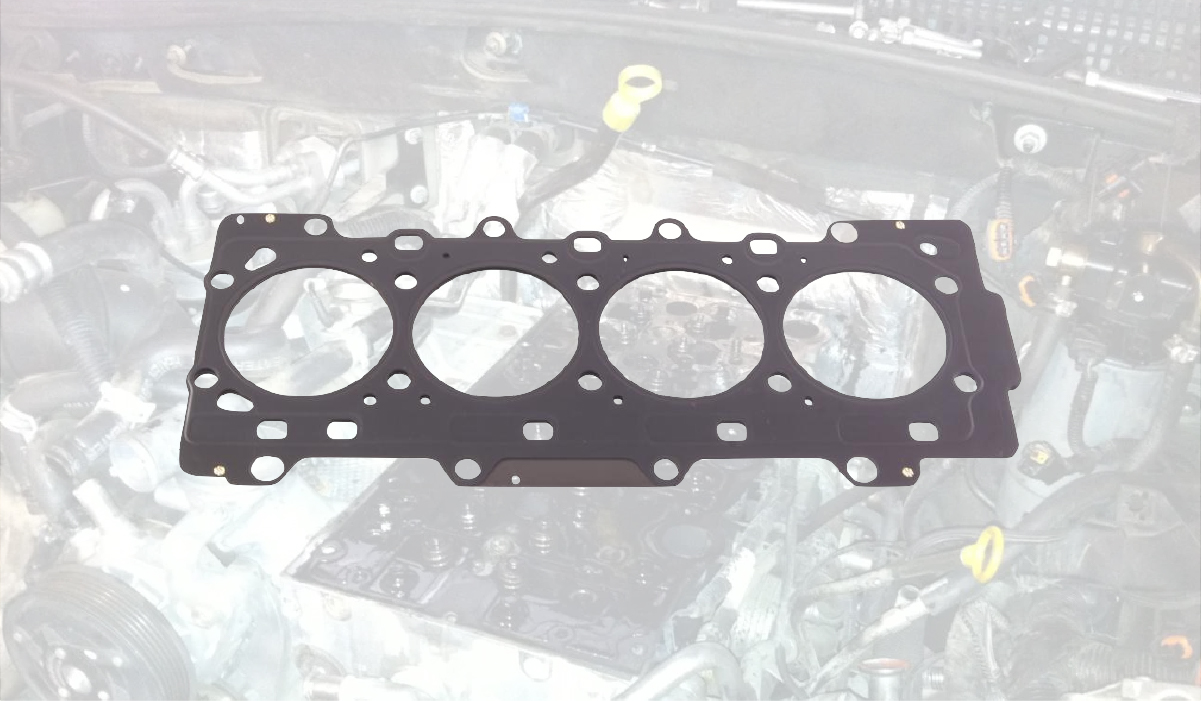The #1 cause of turbocharger failure is due to oil contamination. What is it and how can you avoid it?
The turbochargers used in the Volkswagen TDI engines should last for the majority of the vehicle’s lifetime. There are many causes for premature turbocharger failure and this article will concentrate on one cause we see most often: turbo failure due to oil contamination.
Oil contamination in this context refers to the presence of small particles in the oil itself. This could include dust from a recent oil change or metal particles from previous engine trouble. Most particle contaminants will be caught when passed through the oil filter. However, if these small particles reach the turbo it can cause severe damage.
The turbocharger design on Volkswagen TDI engines does not use bearings. Rather, the turbocharger shaft floats on a small film of oil that coats the inner race of the solid brass bearing. A particle in that film will function as a piece of sandpaper and grind away the surface of the shaft and bearings.
The image above shows the grooved wear indicative of a particle caught between the bearing and the shaft. The gold color of the left side worn areas comes from material transfer of the brass bearing. The right side did not experience material transfer.
The outside material of the turbo shaft is often hardened, and therefore more durable than the inner metal. Once a contaminant wears though the hardened surface failure occurs very quickly.
The same grooved pattern is seen on the inside of the bearing as well. This wear widens the tolerance between the shaft and the bearing, allowing the turbine wheel to move latterly, this is more commonly referred to as “shaft play”.
Final turbocharger failure occurs when the turbine wheel itself contacts, or collides at high speed, with the housing. The turbocharger housing will alter its shape when heated, and the grooved wear finally creates enough looseness that the wheel itself is unable to spin without contacting the heated turbocharger housing.
Maintaining proper turbocharger health in your Volkswagen TDI revolves around keeping to the maintenance schedule of 10,000 mile oil and filter changes. If you live in or drive through dusty environments it may be worth considering switching to a shorter oil change interval.
See also Turbo Failure 101 – Foreign Object Damage (FOD) and How to Tell If Your Turbocharger Has Failed.








Leave a Reply